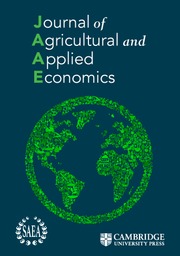Article contents
Extract
“Farm bill” is a colloquial term for omnibus legislation that authorizes various government programs related to agriculture, food, and rural areas. Some of these programs have their roots in New Deal legislation. Others were initially authorized after the New Deal and subsequently included in farm bills. Some debate exists about exactly which omnibus legislation was the precursor of modern-day farm bills. However, since at least 1973, farm bills have included titles related to farm programs, trade, rural development, farm credit, conservation, agricultural research, food and nutrition programs, and marketing. Beginning in 2008, crop insurance-authorizing language was also included in the farm bill.
Farm bills generally have a life of approximately five years. In the case of farm support programs (typically authorized in Title 1), the farm billtemporarily amends permanent legislation. When the farm bill expires, theseprograms revert to permanent legislation (from the 1930s and 1940s) unless a new farm bill is adopted that again temporarily amends permanent legislation. The permanent legislation would put in place price supports, at extremely high levels, for many agricultural commodities, distorting markets and greatly increasing federal costs. The specter of reverting to permanent legislation has, through the years, been used by Congress to ensure that future Congresses will replace expiring farm bills with new legislation.
- Type
- Presidential Address
- Information
- Copyright
- Copyright © Southern Agricultural Economics Association 2014
References
- 2
- Cited by


